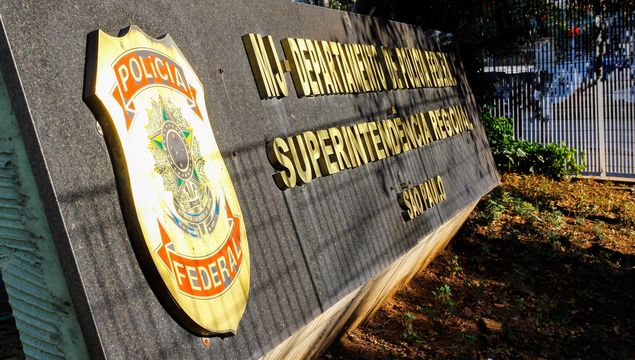Latest Photo Galleries
Brazilian Markets
18h30 Bovespa |
-0,17% | 124.171 |
16h43 Gold |
0,00% | 117 |
09h30 Dollar |
+0,15% | 5,2503 |
16h30 Euro |
+0,49% | 2,65250 |
ADVERTISING
'Coyotes' Sent 180 Brazilians to the United States
07/19/2018 - 11h28
Advertising
RUBENS VALENTE
FROM BRASÍLIA
The Brazilian Federal Police arrested a group that managed to send 180 Brazilians to the U.S. illegally, 30 of which were children, between 2016 and 2017.
Several Brazilians transported by the group ended up dying during the crossing, and, in some cases there is suspicion of homicide, say the Federal Police.
The action brought about by the Federal Police of the state of Rondônia on Wednesday, July 18, is the third step of the Pirates of the Caribbean Operation, which began with the investigation of 12 Brazilians missing who had been trying to enter the U.S. by crossing the Bahamas Sea. The group's destination in the U.S. is uncertain.
| Eliane Neves /Fotoarena/Folhapress | ||
 |
||
| Federal Police headquarter in São Paulo |
A man considered the main "coyote" in the investigated route, was arrested in Ji-Paraná, Rondônia, and the police are looking for another suspect.
The Brazilian families trying to immigrate had to pay between R$ 40,000 (US$ 10,300) and R$ 100,000 (US$ 26,000) per person to the criminal group.
The "coyotes" are likely to be accused in court and could be sentenced to between two and five years in jail for promising "the exit of foreigners from national territory to enter a foreign country illegally."
The Federal Police's investigation showed that there are "many 'coyotes' across the country" and that the illegal routes to access the U.S. vary: some cross the Mexican desert, while others sail through the Bahamas Sea, passing by Panama. The group attracted Brazilians from several states, such as Minas Gerais, Rondônia, Tocantins and Goiás.
Translated by THOMAS MUELLO



